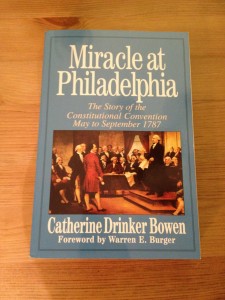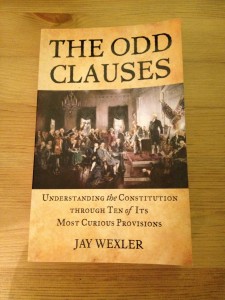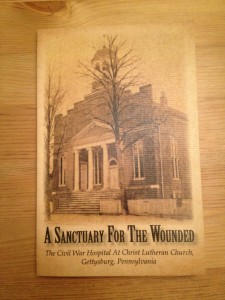Votes and Rifles
“A vote is like a rifle: its usefulness depends upon the character of the user.”
-Teddy Roosevelt
No matter your political stripe, this election matters. But I don’t think it was ever intended to be like this.
Our system has been morphed into one where the Federal government can do virtually anything it wants. Between the expansion of the Commerce Clause, and the farce that is “rational basis” scrutiny, there are almost no substantive limits on government anymore. Society has decided that if there is a problem (no matter how small), the government should solve it.
There is NO Constitutional basis for this. Nothing in the Federalist Papers mentions this philosophical idea behind our founders’ actions.
The downside of this all-powerful government is that now we get to treat EVERY election like it is the apocalypse. As the experience of the current administration teaches us, the Patriot Act, torture, killing U.S. citizens without trial, and the TSA are all TERRIBLE ideas. That is unless “our guy” is in charge. Then they’re fine. But if that “other guy” wins, with ALL THIS POWER we gave “our guy”, well – it would be THE END OF THE WORLD!
We need a return to a proper role of government in our society.
One of the reasons that I love that quote from Teddy at the top of this post is that it has multiple levels to it. I think his main message is that a rifle is neither good nor bad – it’s just a tool. If a good person uses it, it can be life-saving. In the hands of a mad man, it can cause horrendous destruction. Clearly, Teddy thinks that the same is true of votes.
I would take it a step further: a rifle can solve A LOT of problems – I’m sure that you’d have fewer stupid little disagreements with co-workers if you walked around with one all the time, for example – but the rifle isn’t the FIRST tool that you should grab for in that situation, right? Aren’t there more civilized and advanced solutions than jumping to the use of coercive force?
A vote for an all-powerful government is a vote for the use of force. You just aren’t the one carrying the rifle around – you’ve outsourced the function.
When you go into the election booth, don’t think about what YOU as an individual stand to gain “for free” with your vote – think about what is the best way to run our country. Remember that “your guy” won’t always be in charge, and the “other guy” might not be as trustworthy with an unlimited “kill anyone we call a ‘terrorist’ with absolutely no trial or oversight” power. Don’t use your vote as the first tool to solve all your problems. Use it like a rifle should be used – as a purely defensive last resort.
And if you get upset after the election because the “other guy” won, remember this comforting thought from the brilliant Frederick Douglass:
“Nothing is settled that is not right.”
It’s not the end of the world.


